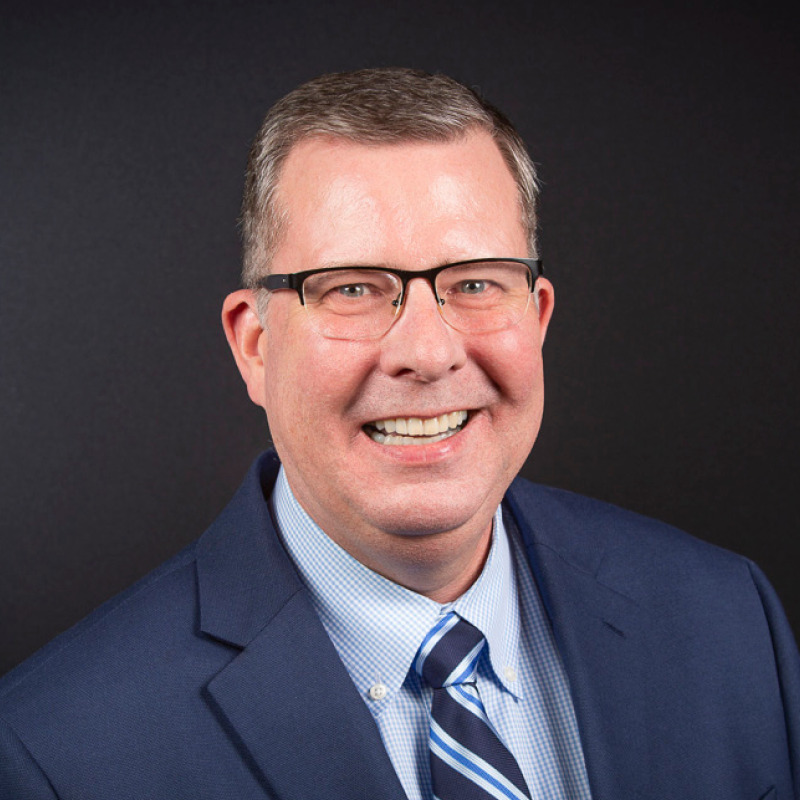Coming out of Labor Day weekend, there’s not a lot of earth-shaking happenings at the Telecom Hootenanny. But like a visit to the state fair, there’s always something to see.
LEOs Need a Seat at the Grownups’ Table

Although LEO technology and the market for its services were pioneered by American companies, LEO constellations are inherently global and rely entirely on shared spectrum. Thus, the letter concludes, it is critical to modernize outdated ITU coexistence criteria to ensure more efficient and equitable access to shared spectrum resources for both LEO and geosynchronous orbit (GSO) networks. Based on recent research from former FCC Commissioner Harold Furchtgott-Roth, such a policy environment would give consumers more options, promote innovation, lower costs, and—most importantly—enable many more people to connect to the internet, both at home and globally.
USF Funding: Don’t Tax You, Don’t Tax Me, Tax That Fellow Behind the Tree
The Universal Service Fund (USF) supports programs that provide internet subsidies to low-income households, health-care providers, schools, and libraries. Funding for the USF comes from a tax on voice-service providers. But as more and more consumers abandon landlines in favor of mobile and broadband, USF funding is dwindling. Congress is therefore considering ways to rejigger the USF to preserve—or enhance—funding.

Predictably, as reported by Broadband Breakfast, just about everybody wants somebody else to contribute more to the USF:
In filings submitted to a Senate working group evaluating potential reforms to the program, telecoms argued in public comments that some of this money should be paid by tech companies who provide online services. Tech companies advocated tapping more broadband providers for funds.
As we have noted previously, the FCC currently faces a challenge to its authority to run and raise funds for the USF. A three-judge panel of the 5th U.S. Circuit Court of Appeals ruled in the FCC’s favor in March, but in June, the court granted the petitioners’ request for an en banc hearing before the full court.
There’s Always Money in the Banana Stand
As we’ve noted—ad nauseam—the Affordable Connectivity Program (ACP) is likely to run out of money early next year. Writing for Brookings, Nicol Turner Lee and Jack Malamud argue that funding for the ACP is all around us, swirling in the ether. All it takes is some congressional action:
Restoring the FCC’s authority to conduct spectrum auctions could raise millions—if not billions—of dollars that could help close the digital divide and bridge the gap between those with internet access and those without. The ACP is a prime example, and not one that should be brushed off over partisan concerns, as well as statutory restrictions in the spectrum Act.
Lee and Malamud may be on to something. But keep in mind that there are a lot of interest parties eyeing the sweet, sweet succor of spectrum cash, as we wrote last year:
In addition, the auctioning of licenses provides revenues for the government, reducing pressures to increase taxes or cut spending. Spectrum auctions have reportedly raised more than $230 billion for the U.S. Treasury since their inception.

We cautioned that Congress should not treat spectrum auctions like the banana stand from Arrested Development. Instead, spectrum-auction policy should be designed to maximize consumer welfare:
At the same time, shared and unlicensed spectrum has been a major success story, and promises to keep delivering innovation and greater connectivity in a wide variety of use cases. As we note above, the federal revenue generated from auctions should not be the only benefit counted. Unlicensed spectrum is responsible for tens of billions of dollars in direct value, and close to $1 trillion when accounting for its indirect benefits.
Given the bipartisan support for the ACP, it would be surprising if the program did not receive more funding. The surprise will be where the funding comes from.




